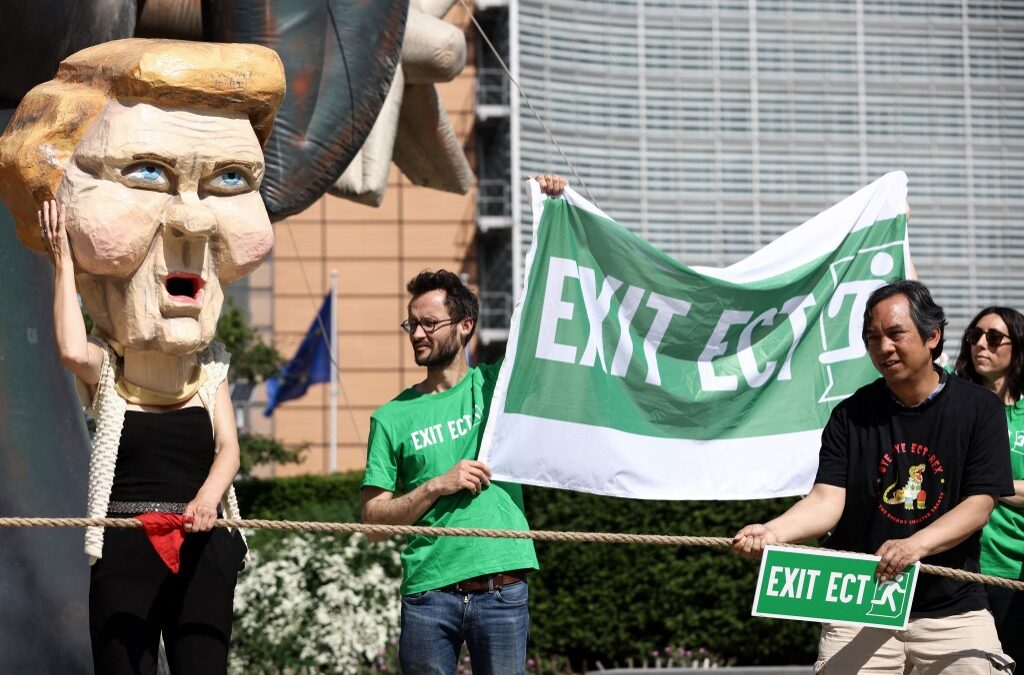BRUSSELS – The energy ministers of the EU member states finally confirmed on Thursday the EU’s withdrawal from the Energy Charter, with member states being able to decide for themselves whether to follow that decision, and Croatia will most likely remain, said Economy Minister Ante Šušnjar.
“We will conduct additional analyses and consultations and then inform both the Council and the public about our decisions, and as things stand now, we are staying as a member,” Minister Šušnjar said after the energy minister’s meeting.
Member states that wish to remain a contracting party to the charter even after the EU and Euratom withdrawal will be able to do so during the upcoming energy charter conference, which is expected to be held at the end of this year. Countries will be able to do this by approving or not opposing the adoption of the modernized agreement.
The EU’s and the European Atomic Energy Community’s (Euratom) withdrawal was voted on by the European Parliament at the end of April, and today that decision was finally confirmed by the Council of the European Union.
The Commission proposed the EU’s withdrawal from the Energy Charter Treaty in July last year as it considers it no longer in line with its climate goals and the Green Plan. The process of modernizing the treaty was initiated in 2018 and is expected to be completed at the end of this year at the energy charter conference.
The Energy Charter Treaty came into force in 1998 and contains provisions for the protection of investments in fossil fuels. The treaty has about 50 signatories, including Croatia and other EU member states, and allows companies to sue governments.
In recent years, investors have used the charter to sue governments that have made decisions aimed at protecting the climate and reducing dependence on fossil fuels.
The International Energy Charter was concluded to ensure that investors in gas, oil, and coal projects are secure in their investment returns. It has long been criticized by environmental organizations.
The Energy Council on Thursday adopted conclusions on sustainable electric power measures, proposing a series of actions for an interconnected and resilient electricity grid in Europe to ensure energy security and achieve decarbonization in the EU.
Ministers also discussed RepowerEU, a plan to reduce the EU’s reliance on Russian fossil fuels.
Minister Šušnjar said that Croatia had something to say in that regard, considering that this program more than doubles the capacity of the LNG terminal on Krk, which will enable it to play “one of the key roles in ensuring energy stability, primarily its own, but also that of its neighbors.” (30 May 2024)
 go to the original language article
go to the original language article
